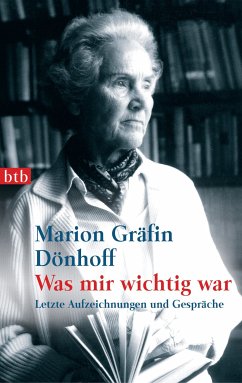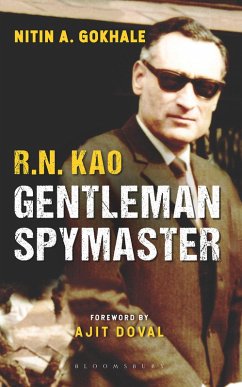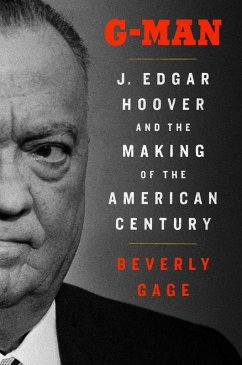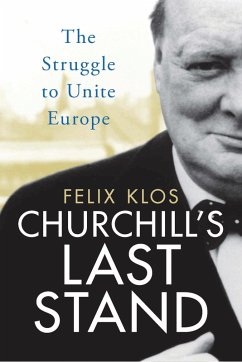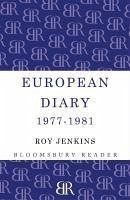
European Diary 1977-1981 (eBook, ePUB)

PAYBACK Punkte
7 °P sammeln!
This diary provides the background to two vital issues of today: our relations with the European Community and the state of politics in Britain. Few people are better qualified to know how we arrived where we are than Roy Jenkins. During the period of this diary he was President of the European Commission. Previously he had been Home Secretary, Chancellor of the Exchequer and deputy leader of the Labour Party. Subsequently he was founder and first leader of the SDP, and he is now Chancellor of Oxford University, leader of the Democrats in the House of Lords and President of the Royal Society o...
This diary provides the background to two vital issues of today: our relations with the European Community and the state of politics in Britain. Few people are better qualified to know how we arrived where we are than Roy Jenkins. During the period of this diary he was President of the European Commission. Previously he had been Home Secretary, Chancellor of the Exchequer and deputy leader of the Labour Party. Subsequently he was founder and first leader of the SDP, and he is now Chancellor of Oxford University, leader of the Democrats in the House of Lords and President of the Royal Society of Literature. Not the least of his qualifications is that he is also a distinguished historian and biographer.






